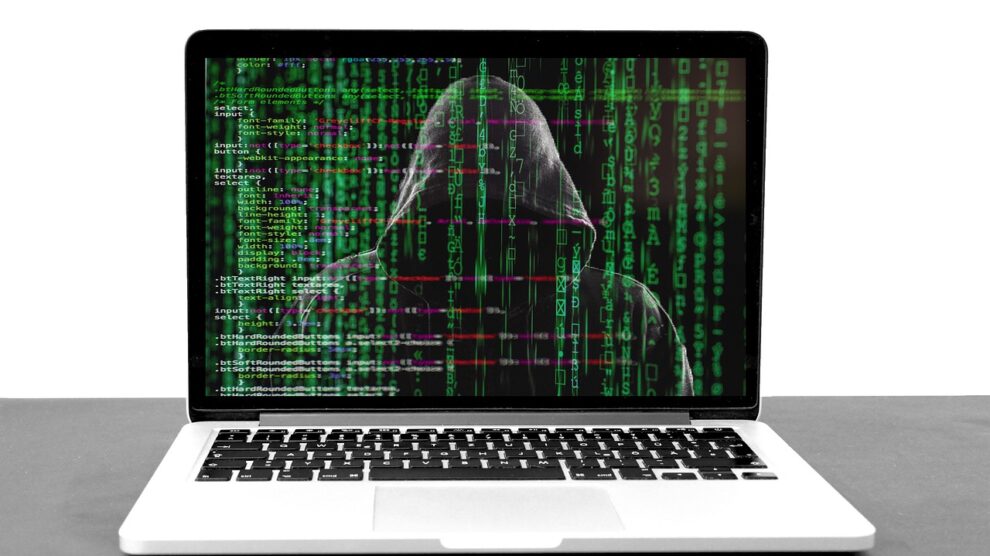Cybercriminals hold new cards in their deck every year, and the rate of cybercrimes continues to multiply day after day. It seems that the continuous resurrection of cyber-attacks will keep the online landscape fearsomely alive.
Since online threats have become inevitable, therefore, curtailing it to a significant extent is impossible. Nevertheless, you can protect yourself against high-impact online threats with some little implications.
In this blog, I will walk you through the essential takes that you need to keep your online world secure and protected against cybercrimes.
Before presenting the ways to decline cybercrime, first, let’s understand what cybercrime is and what its forms are?
What is Cybercrime?
Any prohibited activity that happens online is cybercrime. It may be of different forms. For example, if a hacker snoops your network to gather personal or online information without consent that is a cybercrime.
Cybercrime may vary, depending on how severe it is. Some of its most dangerous forms are banking fraud, child abuse, cyberstalking, bullying and harassment, etc.
How to Protect yourself from Cybercrimes?
Any internet user should follow a set of preventative measures to protect his network from online threats. Whether you’re operating an online business or using the web as a common user, implement security practices to remain inaccessible to cybercriminals. Find the best ways below to keep cybercriminals at bay:
1. Install or Update Antivirus Software
As we approach 2021, malicious actors are changing rapidly, and viruses are becoming even stronger, and that’s where antivirus software proves to be your first-line-of-defense.
A trusted and updated antivirus program is a must to protect your network from a range of modified viruses and malware.
2. Enable a Firewall
Activating a Firewall is a necessary step required to block all kinds of unauthorized access to your network. It blocks shady sites and keeps filtering traffic that arrives on your network. If anyone tries to attempt anything illegal on the network, the attempts will fail and be blocked.
3. Set up a VPN
Remember that with each passing day cybercrimes are getting more sophisticated. Cybercriminals might use technical skills to access your network for phishing purposes, data theft, privacy breach, etc. Therefore, connecting to a VPN is essential to keep your network traffic encrypted. Moreover, using a VPN with a router gets you network-wide protection for a multitude of devices like smart cameras, Xbox, Firestick TV, and other IoT devices.
4. Don’t Click on Unknown Hyperlinks
Always look carefully at what you click. Many hackers incorporate a payload in a URL. When you click on the malicious URL or download a file, the payload gets to sleep in the system and activates when triggered to easily monitor your browsing activities, passwords, and other confidential data. It may lead to a severe data breach or identity theft.
5. Turn off Browser Autofill
When you turn on browser autofill, your name, number, email, and address is saved in the browser field.
The information can be easily tracked when your system gets hacked. Therefore, always turn off your browser autofill option. In addition, don’t provide your personal information everywhere unless it’s important.
6. Use Parental Control Software
Using parental control software is an essential precaution for kids’ online safety. With parental control tools, parents can monitor kids’ online activities. It also helps parents to limit websites that children can access, ensuring a safer and well-protected environment.
7. Don’t use Hotspots for Financial Transactions
Hotspots or public Wi-Fi networks are extremely vulnerable to cybercriminals and should be avoided for confidential online activities like financial transactions or business communication.
8. Don’t make your Social Posts Public
It’s not wrong to say that your social media account is the door to your life. Anyone can browse your social accounts to check your personal life, i.e., home address, pet name, close friends, and much more. Such information can help hackers guess the answers to security questions protecting your accounts, putting your online security at risk . The best bet to avoid such exposure is to make your social posts accessible to close friends only. Moreover, try not to share information on social mediums.
9. Never Use the Same Account Passwords
Your account security mainly depends on the password that you’re using. If you use the same password for all your accounts, chances are good that all your accounts will be hacked if one gets compromised. Therefore, try to frequently change your passwords and make them complex by adding numerals, capital letters, or symbols.
10. Activate Multi-Factor Authentication
Websites and banking platforms must emphasize enabling multi-factor authentication. Organizations can also use a digit key that is directly linked with the users’ smartphone. It is the best way to stop hackers from breaking into sensitive accounts.
Wrapping Up
There you have it – 10 ways to help protect yourself from cybercrime which should prove useful for all readers. Employ the steps outlined above to enjoy a well-protected online environment.





